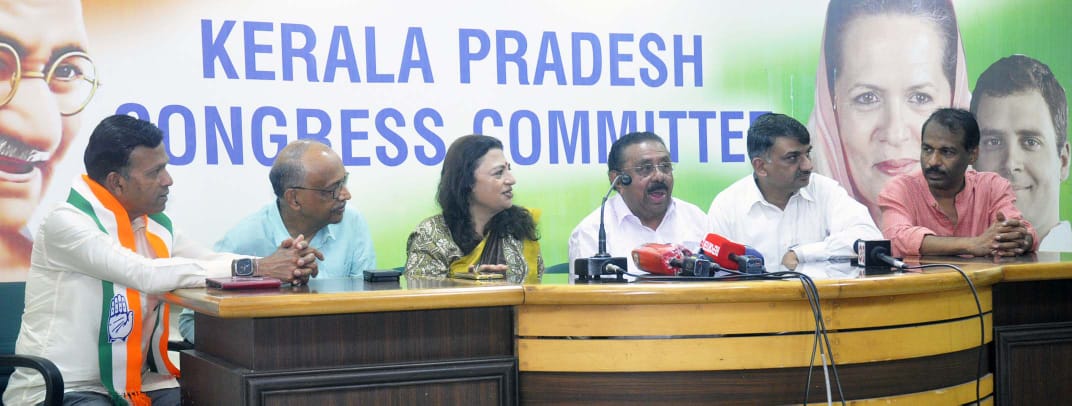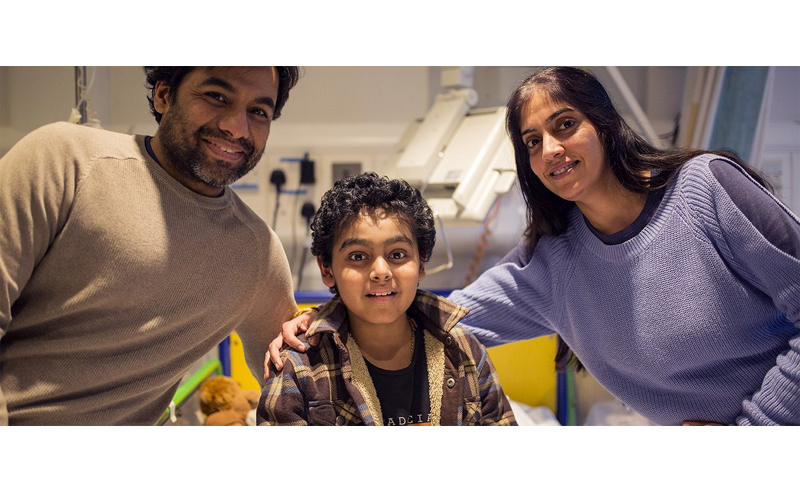Our Bureau
London
Dr Ashvini Keshavan, Senior Clinical Research and Honorary Consultant Neurologist Fellow at University College London (UCL), is part of a world-class research team in the UK. The team is working on recent breakthroughs in potential dementia blood tests and generate the evidence needed for them to be used more widely in the next five years.
Dr Keshavan is part of the team that will focus on the most promising biomarker for Alzheimer’s disease called p-tau217. A second team made up of researchers from the Universities of Oxford and Cambridge will test various proteins to detect a variety of dementia-causing diseases.
“Proteins that underpin various dementia-causing diseases, and particularly Alzheimer’s disease, which is the commonest cause of dementia worldwide, are now detectable in blood,” said Dr Keshavan.
The UCL-led study is called ADAPT and will focus on plasma p-tau217 – a blood marker of Alzheimer’s disease – and will answer the question of whether knowledge of this test result can improve rates of Alzheimer’s diagnosis in conjunction with standard memory clinic assessments. The second study is called READ-OUT, which aims to test various proteins, including novel or less well-established ones, to detect a variety of dementia-causing diseases.
“The two studies that have been awarded funding by the Blood Biomarker Challenge grant are both seeking to implement blood tests in real world settings in the UK, to see if blood tests will prove useful in confirming the presence or absence of these diseases in people who have early dementia or mild but progressive cognitive problems. We want to ensure that our research will reflect the UK’s ethnic and socioeconomic diversity and are aiming to broaden access to these tests, as the current gold standard tests to confirm the presence of these diseases are currently not accessible to most UK patients because they are either expensive or invasive,” she explains.
“If our research shows that these tests are clinically useful, and cost-effective, we would be able to contribute to the case for them becoming a part of the standard of care offered in the UK. This would have the potential for individuals to receive earlier diagnoses of their specific dementia-causing disease,” said Dr Keshavan.
Such a breakthrough would be particularly important for ensuring patients are given the right post-diagnostic support and treatment for symptoms.
Dr Keshavan obtained medical undergraduate degree with an intercalated first class bachelor’s degree in Physiology and Psychology from Trinity College at the University of Cambridge. After foundation and core medical training in London, she went on to neurology specialist training in Central and East London, and obtained a prestigious Wolfson Clinical Research Fellowship at University College London. She was awarded PhD in 2019 on the topic of Cerebrospinal fluid and blood biomarkers of Alzheimer’s disease and continued with post-doctoral research in this field, subsequently being appointed as a Senior Clinical Research Fellow at UCL and Honorary Consultant neurologist at UCLH in April 2023.























